What is aluminum grade 1350 foil?
1350 aluminum foil is a commonly used aluminum foil with an aluminum content of more than 99.5% in 1xxx series aluminum alloys. Aluminum foil 1350 is a high-purity pure aluminum foil, which is composed of aluminum and a small amount of other elements.
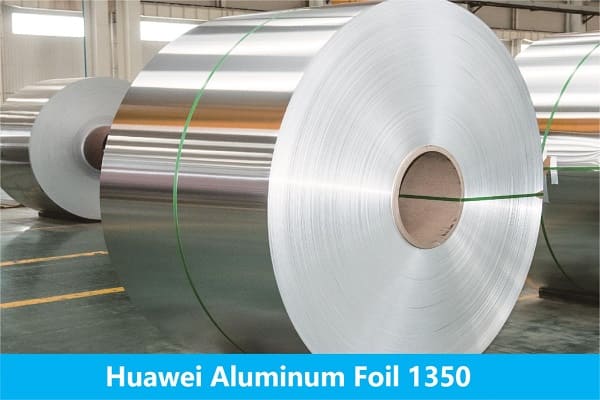
1350 aluminum foil alloy chemical composition:
aluminium 1350 composition:
| Alloy | Si | Fe | Cu | Mn | Cr | Zn | Ti | V | Al |
| 1350 | ≤0.10 | ≤0.40 | ≤0.05 | ≤0.01 | ≤0.01 | ≤0.05 | ≤0.01 | ≤0.01 | ≤99.50 |
Aluminum foil 1350 product specifications
| Product Name | 1350 aluminum foil |
| Grade | 1350 |
| Series | 1000 series |
| Temper | O,H12,H14,H16,H19 |
| Thickness | 0.2-3.5mm |
| Width | 20-1600mm |
| Tolerance | ±5% |
| Surface treatment | Mill,Color,Coated |
| Packaging | Wooden Pallet |
| Delivery time | 15 Days |
| MOQ | 3 Ton |
| Sample | Free |
1350 aluminum foil corrosion resistance
1000 1350 is a high-purity aluminum alloy that generally has good corrosion resistance, and aluminum alloy 1350 is also not resistant to oxidation and corrosion in many environments, especially in dry and non-acidic conditions.
Conductivity of aluminum foil 1350
Aluminum alloy 1350 is a material with excellent electrical conductivity, and the high electrical conductivity of 1350 aluminum foil makes it ideal for conducting current in electrical systems. 1350 foil is primarily used in electrical applications such as the manufacture of wires, cables and conductors.
Aluminum foil 1350 melting point
The melting point of aluminum alloy 1350 is approximately 660.32°C (1220.58°F). This is the temperature at which the solid 1350 aluminum alloy transitions into a liquid state.
What is 1350 aluminum foil used for?
Aluminum alloy 1350 foil is mainly used in electrical conductor applications due to its high electrical conductivity and other desirable properties. Some common uses of 1350 aluminum foil are as follows:
1350 foil for wires and cables: 1350 aluminum foil is commonly used in the manufacture of wires and cables. Aluminum foil 1235 is highly conductive and can efficiently transmit electric current, making it ideal for these applications.
1350 aluminum foil is used in transformers: Aluminum foil made of 1350 alloy is used in transformers as winding material for coils. Its electrical conductivity and lightweight properties offer advantages in transformer construction.
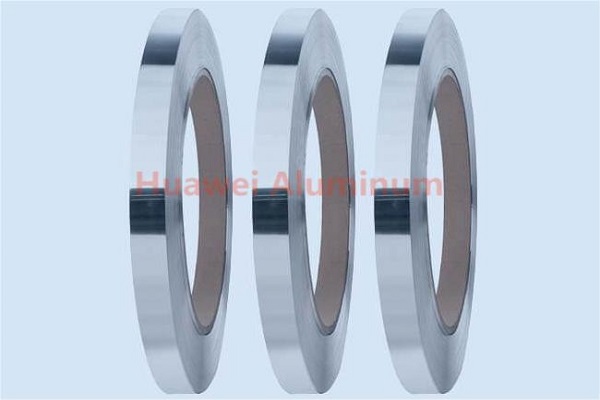
1350 foil for capacitors: Capacitors require a material with good electrical conductivity, and 1350 aluminum foil can be used in the construction of certain types of capacitors.
Electrical insulation: Aluminum foil can also be used as an electrical insulation material and as part of systems, often in combination with other materials.
1350 aluminum foil is soft and annealed, it can be easily shaped, wound and shaped to suit various electrical components.
1350 h19 aluminum coil
1350 h19 aluminum foil is a high-purity aluminum alloy in the 1000 series. 1350 H19 is a specific cold-worked state after annealing. Often used in electrical applications such as the production of electrical conductors for transformers and other electrical equipment.
Melting point of 1350 aluminum alloy foil
The melting point of aluminum alloy 1350 foil is approximately 647 degrees Celsius (approximately 1197 degrees Fahrenheit). This is the temperature at which solid aluminum foil undergoes a phase change and becomes a liquid. The melting point of 1350 aluminum determines the ease of processing.
1350 foil aluminum roll density
At room temperature, the density of aluminum alloy 1350 is typically around 2.70 g/cm³ or 2700kg/m³. The lower density allows aluminum foil 1350 to have better processability.
Reference: wikipedia;
1050 aluminum vs 1350 aluminum foil
Aluminum alloys 1050 and 1350 are both part of the 1000 aluminum series and have higher purity:
| Item | 1050 aluminum foil | 1350 aluminum foil |
| Alloy composition: | 1350 aluminum foil and 1050 are both high-purity aluminum alloys with a minimum aluminum content of 99.5%, are highly conductive and are designed for electrical applications. | |
| Application | 1050 Aluminum Foil: Due to its corrosion resistance and formability, 1050 aluminum foil is commonly used in packaging, household products, and certain industrial applications. It is not designed specifically for conductivity | This alloy is primarily used in electrical applications such as the production of electrical conductors for transformers, power lines, and other electrical equipment. Its high electrical conductivity is a key feature for these applications. |
| Temper | 1050 Aluminum Foil: The tempering of aluminum affects its mechanical properties. Common states of aluminum foil include O (annealed) and H14 (semi-hard), among others | 1350 aluminum foil: Tempering can also vary, and the specific tempering is selected according to the requirements of the electrical application. For example, H19 is a common condition for 1350 aluminum used in electrical conductors. |
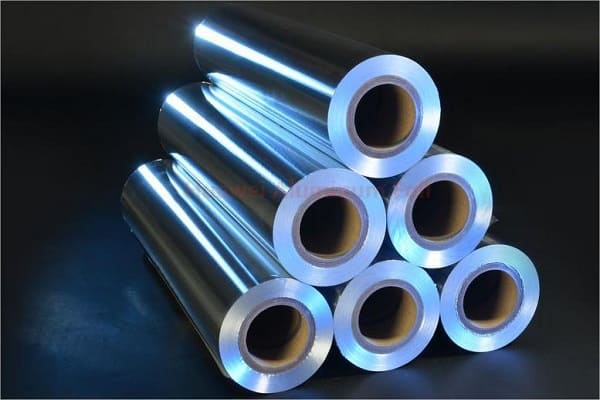
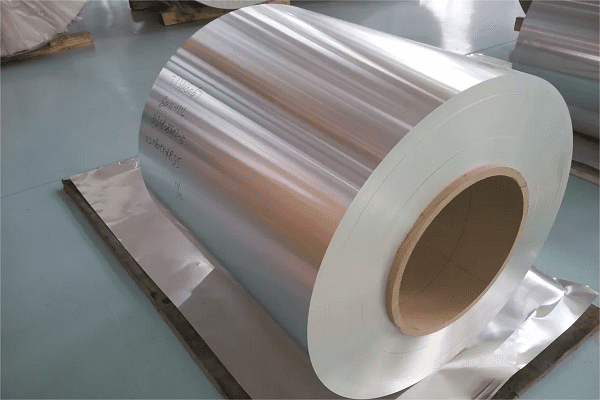
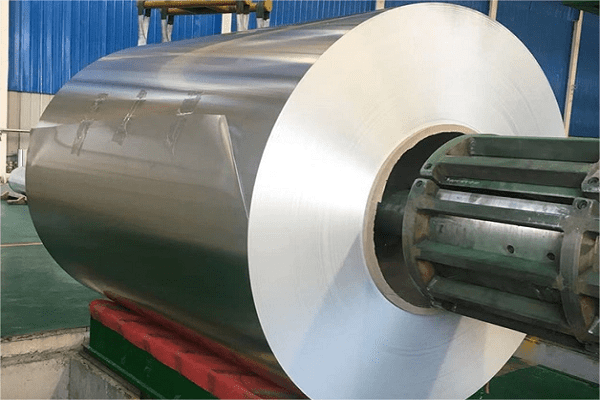

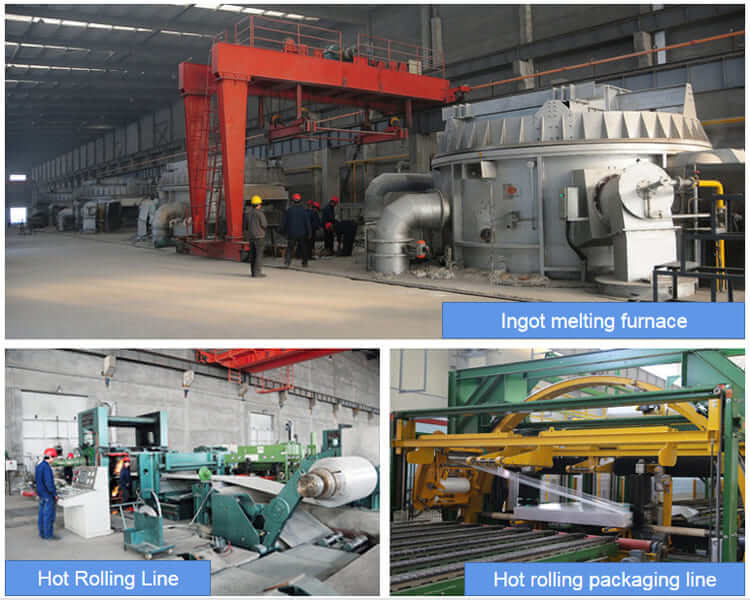
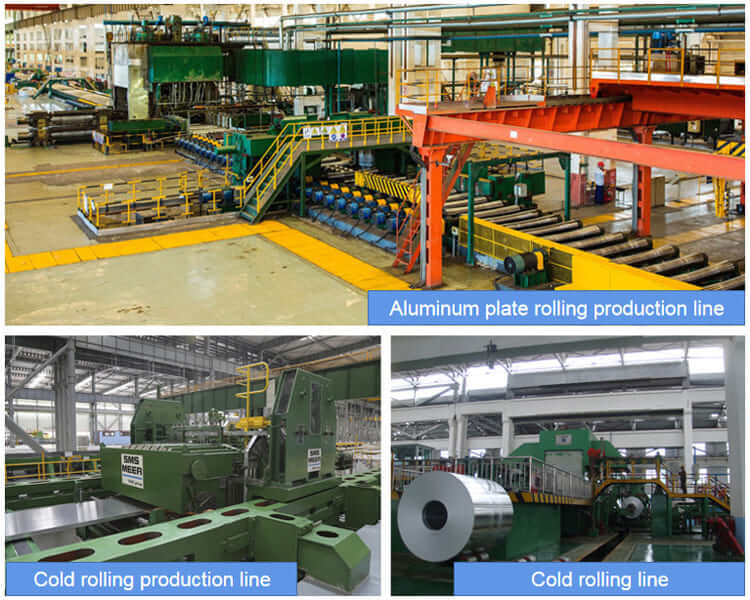
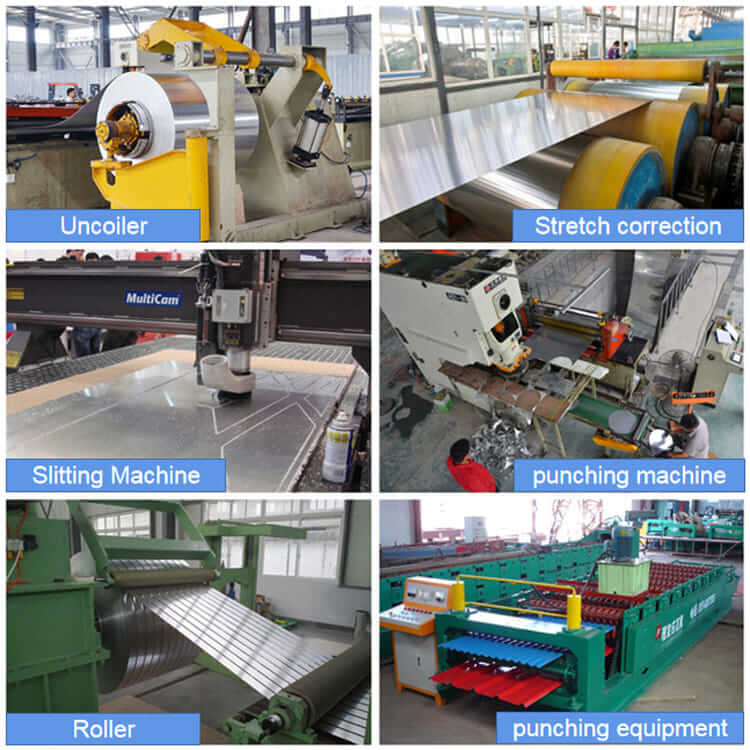

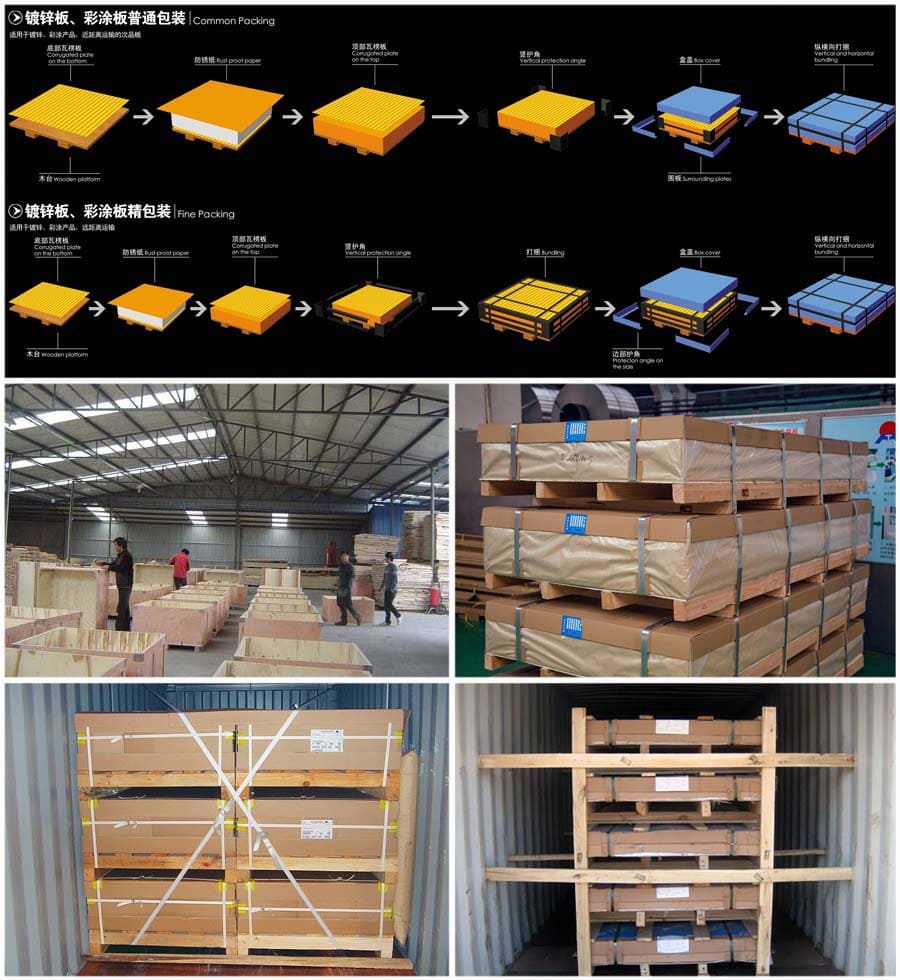
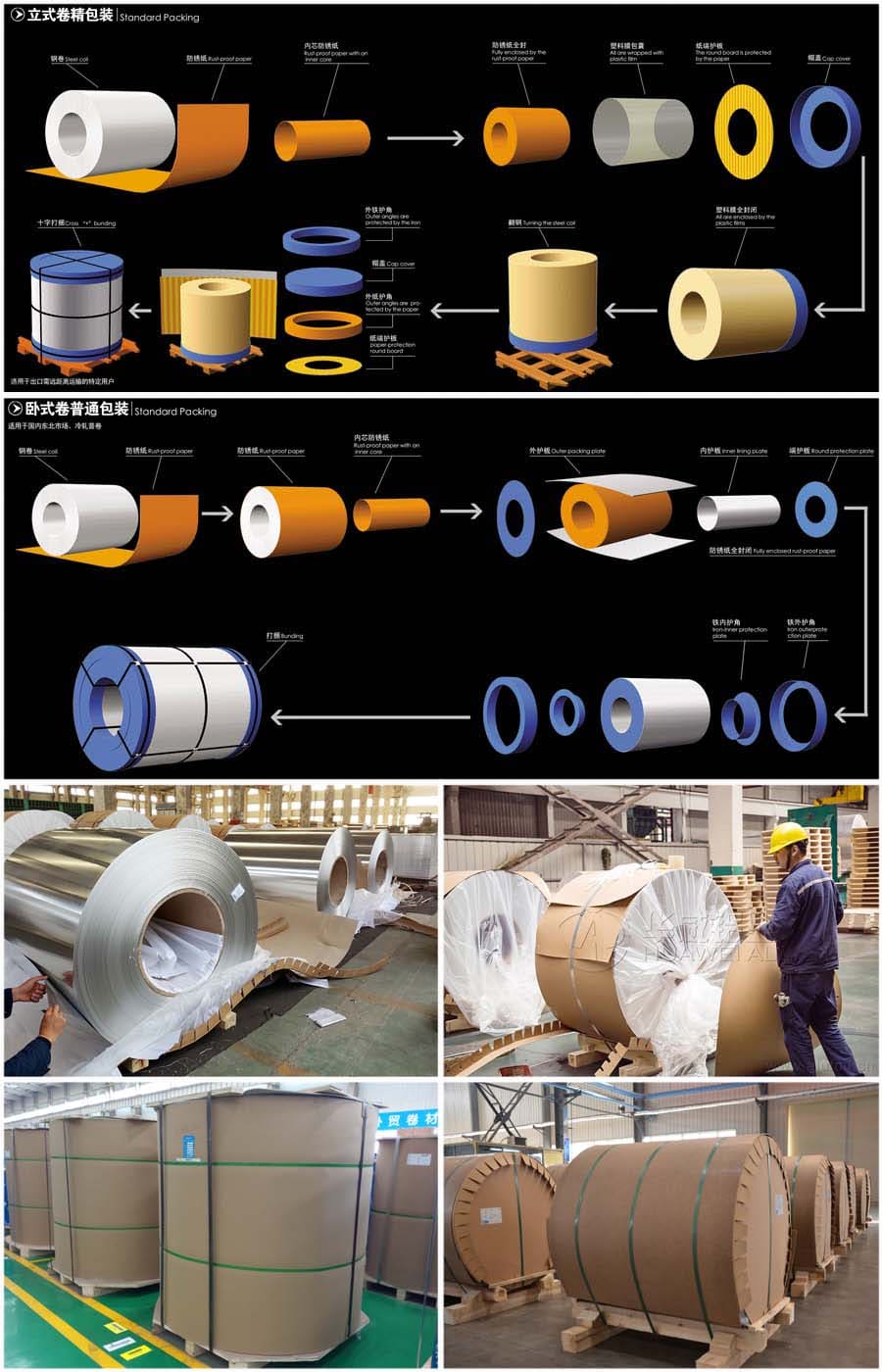
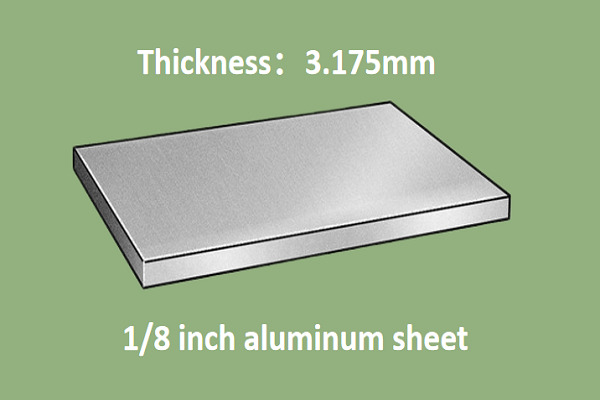
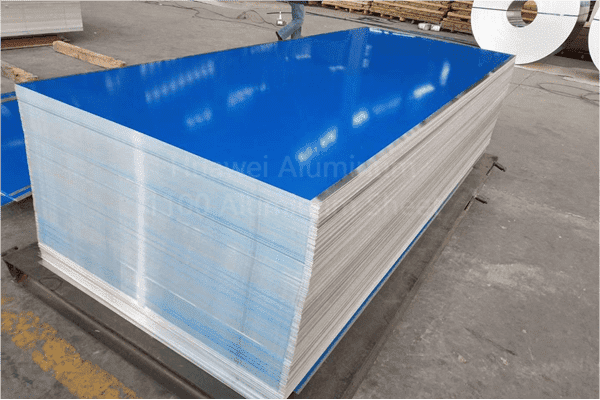
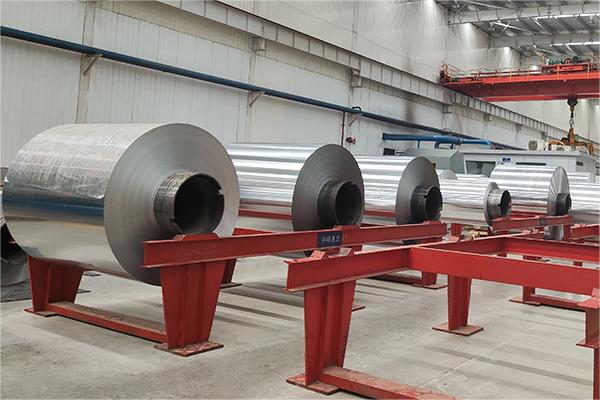
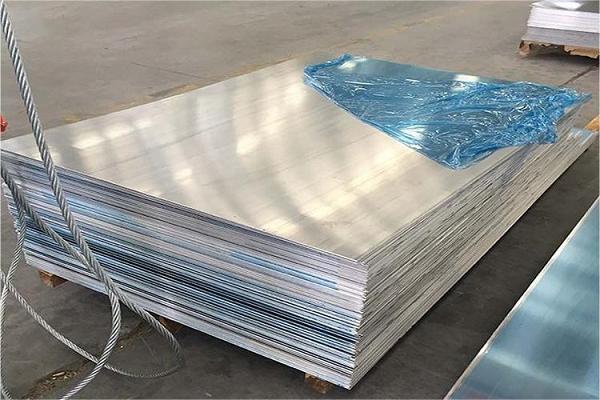
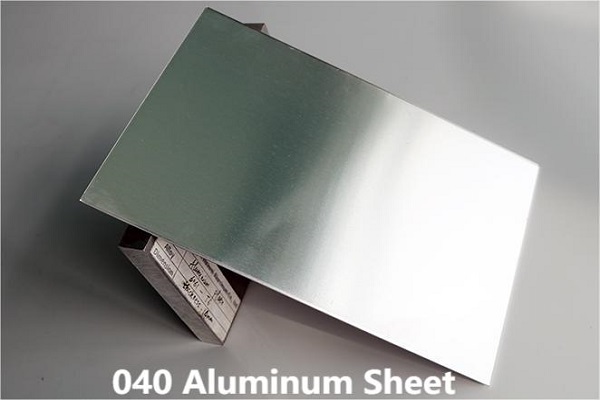
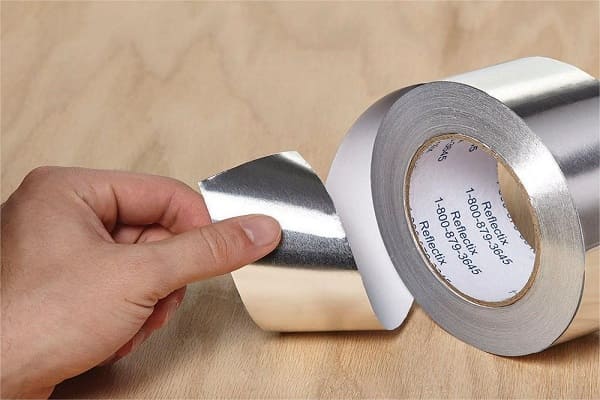

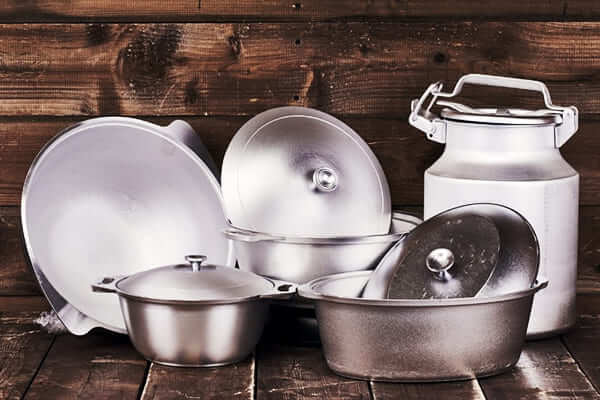
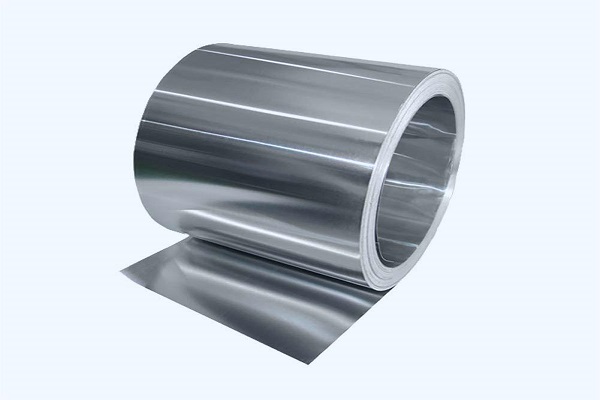
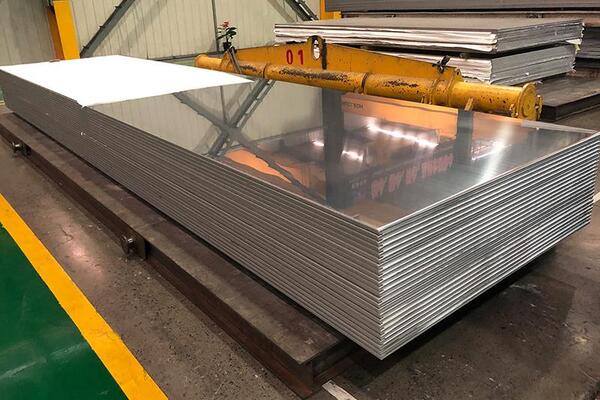
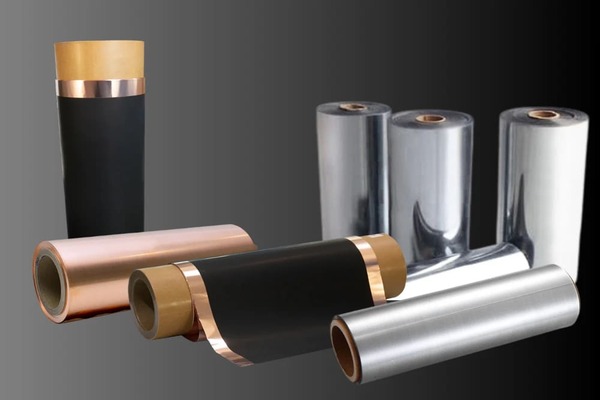
Leave a Reply